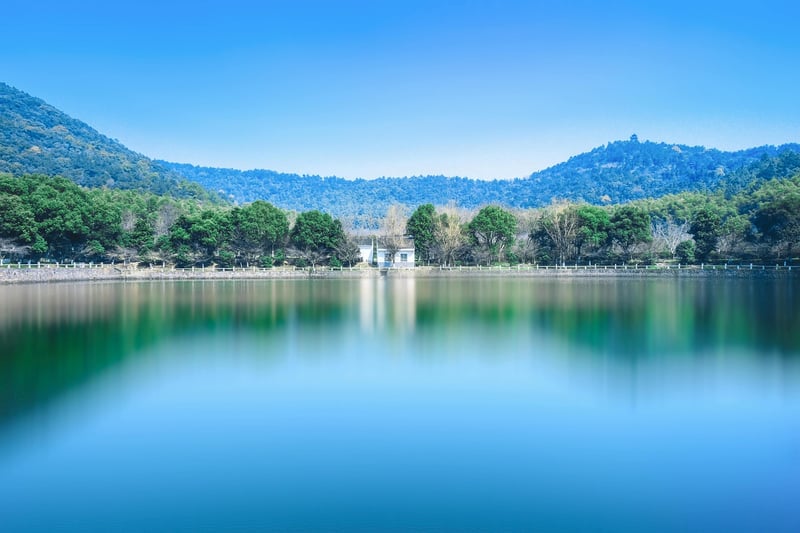Cosmic Phenomena
Unveiling the Wonders of the Universe: Cosmic Phenomena
Welcome to a journey through the vast cosmos, where mysteries abound and wonders never cease. The universe is a canvas painted with celestial phenomena that dazzle and intrigue us, offering glimpses into the awe-inspiring forces at play beyond our world. Let's embark on an exploration of some of the most fascinating cosmic phenomena that capture the imagination of scientists and stargazers alike.
1. Supernovae: The Explosive Deaths of Stars
Supernovae are among the most dramatic events in the universe, marking the explosive end of a massive star's life. During a supernova, the dying star releases an immense amount of energy, outshining entire galaxies for a brief period. These cosmic fireworks forge heavy elements essential for life and shape the dynamics of galaxies.
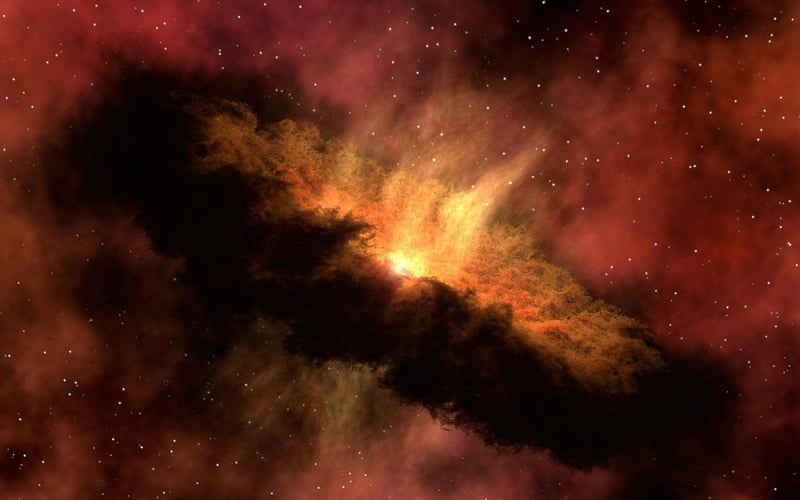
2. Black Holes: The Mysterious Cosmic Vacuum Cleaners
Black holes are gravitational powerhouses with such intense gravity that nothing, not even light, can escape their grasp. These cosmic vacuum cleaners warp space-time, devouring matter and energy with unparalleled efficiency. While they may seem like science fiction, black holes are an integral part of our universe's fabric.
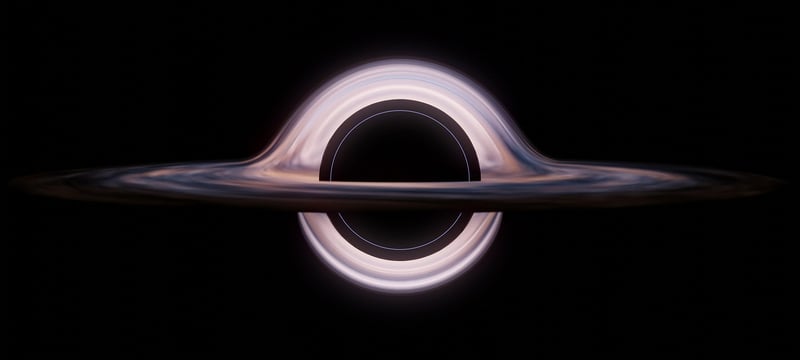
3. Neutron Stars: The Densities of the Universe
Neutron stars are the remnants of massive stars that have undergone a supernova explosion. These stellar corpses are incredibly dense, packing more mass than our Sun into a sphere the size of a city. Neutron stars exhibit bizarre properties, such as intense magnetic fields and rapid spin rates.
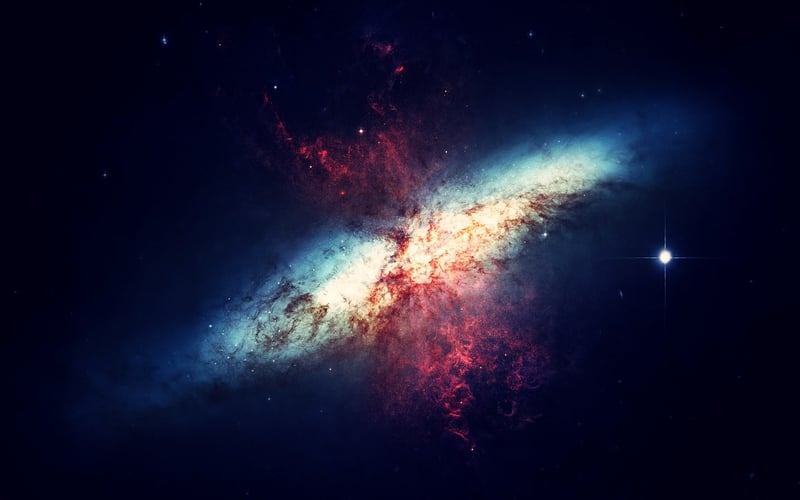
4. Aurora Borealis: The Dance of the Northern Lights
The Aurora Borealis, or Northern Lights, is a stunning natural light display that graces the polar skies. Caused by solar winds interacting with Earth's magnetic field, these colorful curtains of light mesmerize observers with their ethereal beauty. The Aurora Borealis is a reminder of the intricate connection between our planet and the Sun.
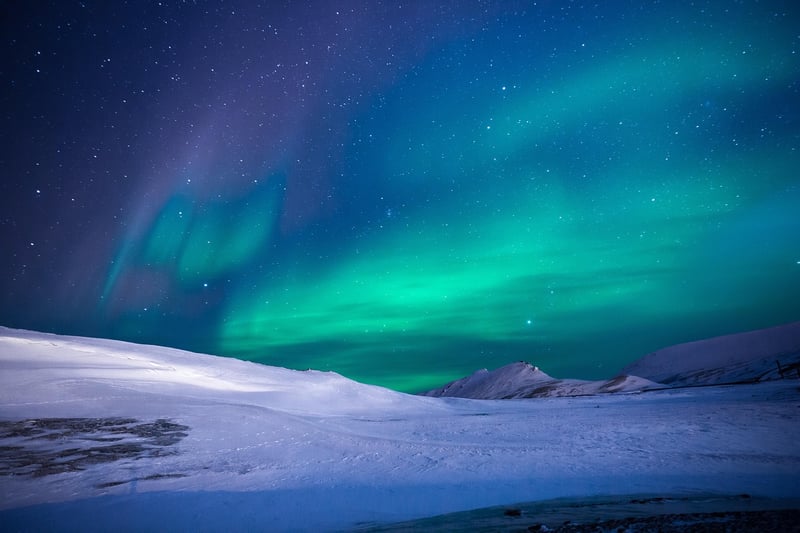
5. Gravitational Waves: Ripples in Spacetime
Gravitational waves are ripples in the fabric of spacetime, generated by cataclysmic events such as colliding black holes or neutron stars. These elusive waves were first detected in 2015, confirming a key prediction of Einstein's theory of general relativity. Gravitational waves open a new window to the cosmos, allowing us to explore the universe in a revolutionary way.

Embark on your cosmic journey with a sense of wonder and curiosity, for the universe is a playground of marvels waiting to be discovered. Whether you gaze at the night sky or delve into the realms of astrophysics, the cosmic phenomena that surround us are a testament to the beauty and complexity of the cosmos.
Keep exploring, keep dreaming, and let the mysteries of the universe ignite your imagination!
